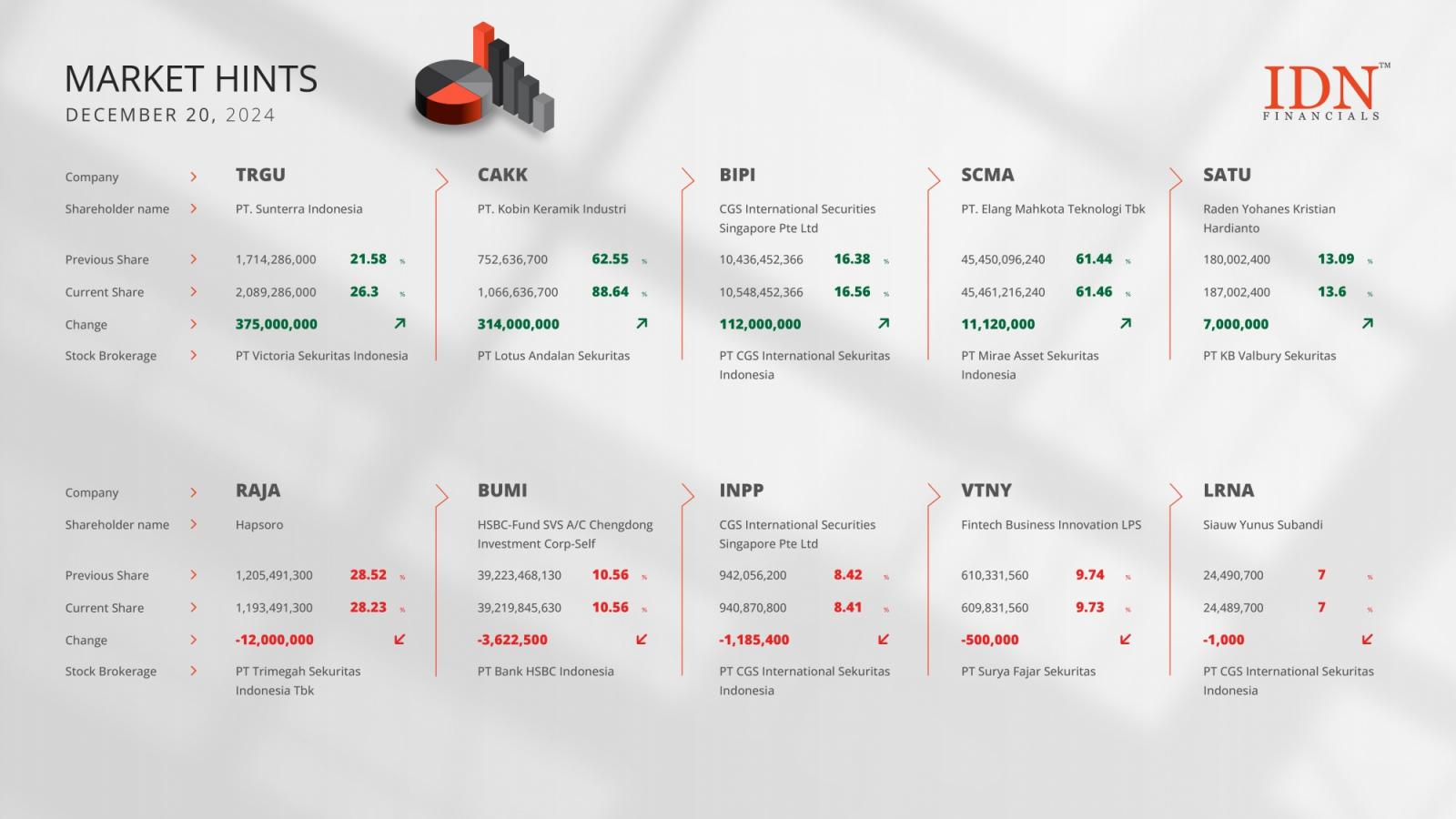
With orders for transportation equipment showing a substantial rebound, the Commerce Department released a report on Monday showing a sharp increase by new orders for U.S. manufactured durable goods in the month of July.
The Commerce Department said durable goods orders spiked by 9.9 percent in July after tumbling by a revised 6.9 percent in June.
Economists had expected durable goods orders to jump by 4.0 percent compared to the 6.7 percent plunge that had been reported for the previous month.
The significant rebound by durable goods orders came as orders for transportation equipment skyrocketed by 34.8 percent in July after plummeting by 20.6 percent in June.
Excluding the surge in orders for transportation equipment, durable goods orders slipped by 0.2 percent in July after inching up by 0.1 percent in June. Ex-transportation orders were expected to come in unchanged.
The dip by ex-transportation orders reflected decreases by orders for primary metals, computers and electronic products and electrical equipment, appliances and components.
The rebound in durable goods orders in July was stronger than expected, but the news was not as upbeat as the headline number suggests as most of the upside surprise came from outsized growth in nondefense aircraft orders, said Nationwide Economist Daniel Vielhaber.
Outside of that, equipment spending remained subdued as corporate spending plans continue to work around the significant headwinds posed by elevated interest rates and weak domestic and international demand, he added. In fact, there were no significant areas of strength when looking beyond commercial aircrafts.
The report said orders for non-defense capital goods excluding aircraft, a key indicator of business spending, also edged down by 0.1 percent in July after rising by 0.5 percent in June.
Shipments in the same category, which is the source data for equipment investment in GDP, fell by 0.4 percent in July after coming in unchanged in June.
Both core goods and shipments … contracted and signal weakness in real business equipment spending in the first month of Q3, said Vielhaber. We expect this trend to continue going forward and for equipment spending to hold back nonresidential investment when the Q3 real GDP data are released.





